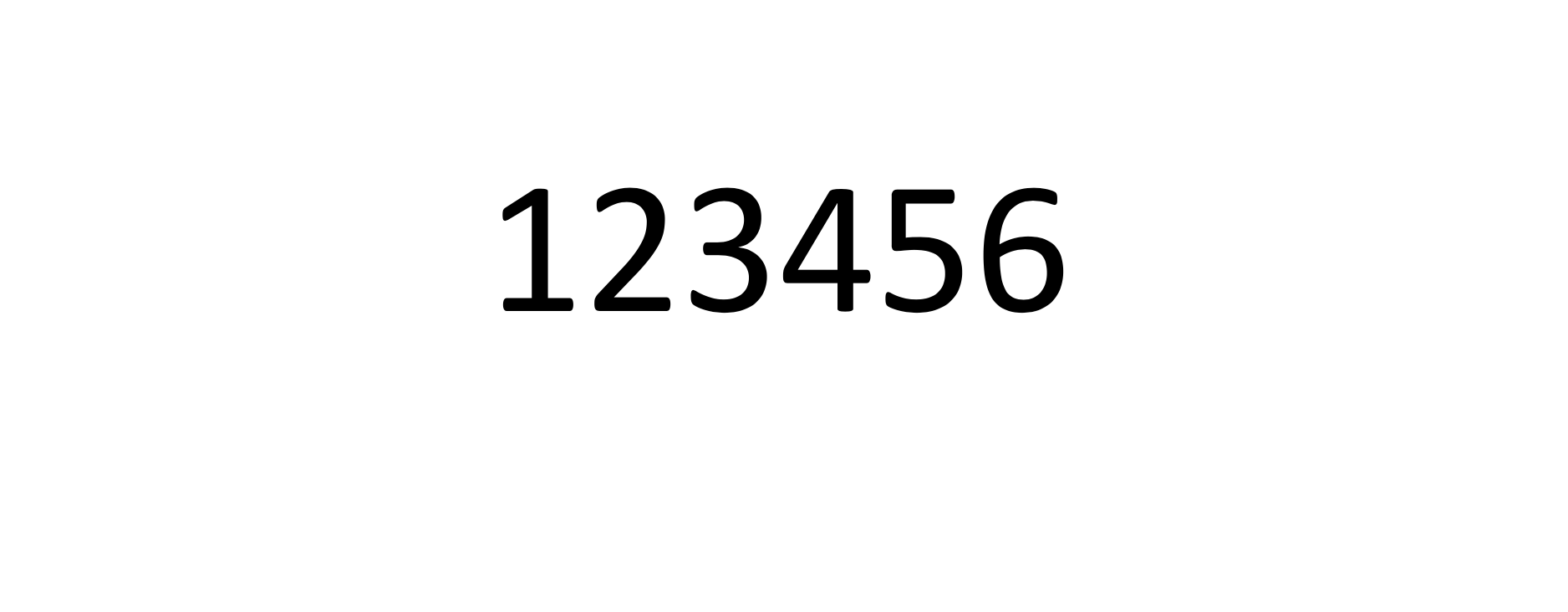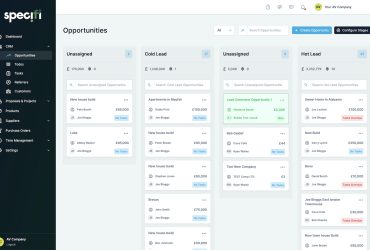According to the 2021 research by NordPass, the most popular password in Canada is 123456. Moreover, it is the top password in 43 countries out of the 50 analyzed making it the most popular worldwide.

These are the top 20 most common passwords in Canada:
- 123456
- password
- 123456789
- 12345
- 12345678
- qwerty
- abc123
- tiffany
- password1
- testing
- hockey
- 1234567
- iloveyou
- 1234
- canada
- 1234567890
- 111111
- sunshine
- 123123
- dragon
NordPass research anaylzes the top 200 passwords from 50 different countries and concludes that Canada is at a high risk for cybercrime based on an index showing the number of passwords leaked per capita. Canada ranks 8th on the list with one of the highest volumes of passwords leaked per capita (3.608).

Overall, Canada’s password list has similar trends to many other countries.
- Easy number combinations, such as the winning “123456”, are popular everywhere in the world. In fact, “123456” was the most popular password in 43 countries out of the 50 analyzed. The top passwords in the remaining seven countries were not that different: in India, the top password was the word “password”, Indonesia — “12345”, Japan — “password”, Portugal — “12345”, Spain — “12345”, Thailand — “12345”, Ukraine — “qwerty”.
- “Qwerty” and the variations of it or the localized versions of qwerty (for example, “azerty” in French speaking countries) are also popular in all the analyzed countries, including Canada.
- People use loving words everywhere, such as “iloveyou” and its localized versions (“ichliebedich”, “tequiero” and so on). In Canada, women seem to use such words more often, for example, passwords “iloveyou”, “princess”, and “sunshine” are in the female top ten.
- This research also shows that people tend to use their own names as their passwords, as female names mostly dominate the women’s lists, and male ones dominate men’s. However, among Canadian females, the top name is “charlie” which could be both masculine or feminine, among men, the most popular name is “michael”.
- Sports play an important part in the top password list worldwide. In Canada, “hockey” is the most popular one among sports, followed by “soccer”, “baseball”, and “basketball”,.
- Canada has perhaps the largest number of country-related passwords, such as “toronto”, “montreal”, “canada”, “canada1”.
The NordPass research also illustrates how weak the top passwords are by indicating the time it would take a hacker to crack that password. While the “Time to crack” measure is indicative and depends on various technological aspects, it’s a good reference point that shows how poor these passwords are. Overall, in Canada, 144 passwords out of the 200 can be cracked in less than a second. That’s 72%, whereas globally, the percentage is 84.5%.
“Unfortunately, passwords keep getting weaker and people still don’t maintain proper password hygiene,” says Jonas Karklys, CEO of NordPass. “It’s important to understand that passwords are the gateway to our digital lives, and with us spending more and more time online, it’s becoming enormously important to take better care of our cybersecurity.”
Karklys advises taking a few simple steps in order to improve your password security:
- If you found your password on the list, make sure to change it to a unique and strong one. Ideally, use a password generator online or in your password manager app to create a truly complex password.
- Store your passwords in a password manager. An average person has around 100 accounts, so it would be impossible to remember all the passwords if they are indeed unique and complex. Password managers are a great solution but make sure to use a trustworthy, reliable, and, ideally, third-party audited provider.
- Use multi-factor authentication. Whether it’s biometric authentication, a phone message, or physical key, it’s always a good idea to add an additional extra security layer on top of your password.
Methodology: The list of passwords was compiled in partnership with independent researchers specializing in research of cybersecurity incidents. They evaluated a 4TB-sized database. Researchers classified the data into various verticals, which allowed them to perform a statistical analysis based on countries and gender.
Naturally this begs the question; how does NordPass know this? To see more data read the full NordPass report here









